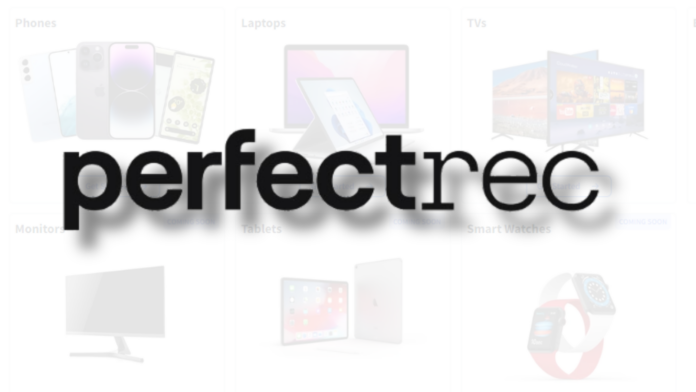Joe Golden, like many of us, played the role of the family’s tech guru, guiding his mother through the labyrinth of electronic gadgets. But over time, as choices expanded and electronics became more intricate, he realized a gap. The existing online resources were just not cutting it.
His lightbulb moment? “Shopping for intricate products shouldn’t be this hard,” Golden realized, reflecting on how countless individuals often miss out on finding the ideal product simply due to the complexity of choices.
Enter PerfectRec, Golden’s brainchild and a fresh take on tech product recommendations. This Seattle-based startup isn’t just another comparison site. It merges the power of AI with real human expertise to curate tailored recommendations. All a user has to do is fill out a quick questionnaire, and voila! A list of ranked electronics, tailored to their preferences, awaits.
Golden’s vision for PerfectRec is ambitious. He envisions it as the first port of call for online shoppers. And given the size of the online shopping industry, it’s a market that potentially spans hundreds of billions of dollars.
But how does PerfectRec ensure its recommendations stand out? Golden explained that they don’t just rely on automated algorithms. They actively seek out product aficionados – those individuals who passionately run product-centric blogs or forums and spend their leisure time guiding others. These enthusiasts become an essential part of PerfectRec, whether as freelancers or part-timers, enriching the platform’s product review engine. This approach, combined with a core team of software engineers and data scientists, sets PerfectRec apart.
Of course, the market is teeming with review resources. Giants like New York Times’ Wirecutter, Gizmodo, and CNET regularly dissect tech products. Even Amazon is innovating, dabbling with AI-generated review summaries and showcasing product ratings more prominently. Then there are chatbots, like ChatGPT and Google’s Bard, designed to offer product recommendations based on user prompts. And let’s not forget Microsoft’s recent AI-powered shopping tools.
Golden believes PerfectRec’s edge lies in its unique business approach. While many outlets earn via affiliate commissions, this can sometimes lead to biased promotions, potentially affecting the user’s best interest. PerfectRec’s planned revenue model takes a different route. Instead of pushing for instant purchases, they aim to monetize the invaluable data provided by users. For instance, details about a user’s laptop preferences can become gold for advertisers, allowing for more precise customer targeting. This innovative monetization strategy is built upon Golden’s extensive research during his time at the University of Michigan, where he delved deep into search advertising.
Highlighting another differentiation, Golden points out flaws in chatbots like ChatGPT and Bard, which can occasionally provide outdated or inaccurate product information. In contrast, PerfectRec’s questionnaire, especially on mobile, offers a streamlined experience without the hassle of typed-out queries.
In its early phase, without any external funding, PerfectRec already garners attention from around 1,000 users daily. It’s a testament to its potential in revolutionizing how we shop online.











